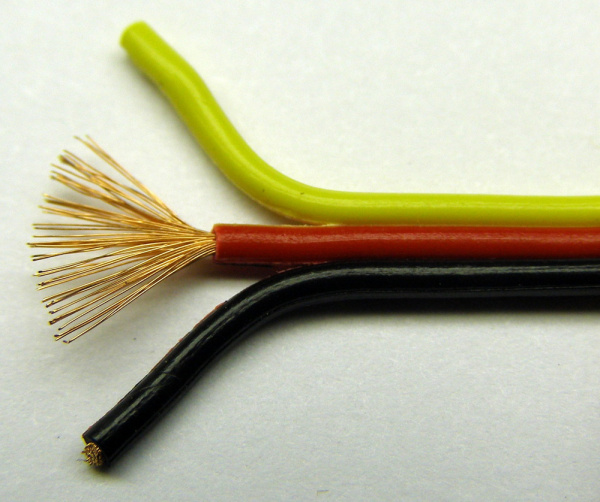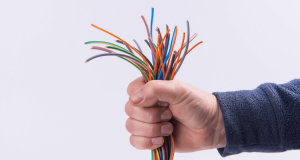
In the world of electrical wiring, copper stands as the unrivaled choice for conducting electricity. Its unique properties and characteristics make it the ideal material for transmitting power and signals in various applications. From residential to industrial settings, copper's reliability and efficiency have solidified its position as the go-to material for electric wire. In this article, we will delve into the reasons why only copper is used in electric wire, exploring its exceptional conductivity, durability, and environmental benefits.
Conductivity: Copper's exceptional conductivity is one of the primary reasons for its widespread use in electric wire. As a metal, copper allows electrons to flow through it with minimal resistance, resulting in efficient transmission of electrical energy. This high conductivity ensures that minimal power is lost as heat during transmission, making copper the ideal choice for delivering electricity over long distances without significant energy loss.
Durability: Another key factor that sets copper apart is its remarkable durability. Copper wires are known for their ability to withstand high temperatures, corrosion, and mechanical stress, making them suitable for a wide range of environments. Whether it's exposed to harsh weather conditions or installed in industrial machinery, copper maintains its structural integrity and electrical performance over time, ensuring a reliable and long-lasting electrical system.
Environmental Benefits: In addition to its electrical properties, copper offers significant environmental benefits that contribute to its widespread use in electric wire. Copper is highly recyclable, with a large percentage of the world's copper supply being derived from recycled sources. This sustainable aspect of copper aligns with the growing emphasis on eco-friendly practices, making it an environmentally responsible choice for electrical applications.
Compatibility with Other Materials: Copper's compatibility with various insulation materials further enhances its suitability for electric wire. Whether it's paired with PVC, rubber, or other insulating materials, copper maintains excellent electrical performance while providing the necessary protection against external elements. This compatibility ensures that copper wire can be tailored to specific application requirements without compromising its conductivity or safety.
Regulatory Standards: The use of copper in electric wire is also supported by stringent regulatory standards and industry certifications. Copper wire products undergo rigorous testing to ensure compliance with safety and performance requirements, providing assurance to consumers and industries that rely on electrical systems for their operations.
In conclusion, the unparalleled combination of conductivity, durability, environmental benefits, compatibility, and adherence to regulatory standards solidifies copper's position as the preferred material for electric wire. Its role in powering our modern world is undeniable, and its continued use is a testament to the exceptional properties that make copper the cornerstone of electrical wiring systems.


